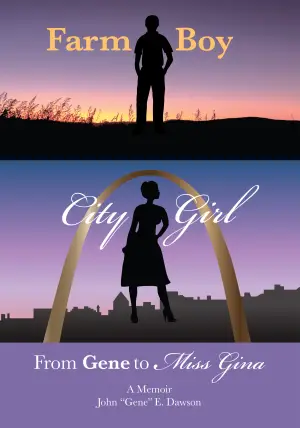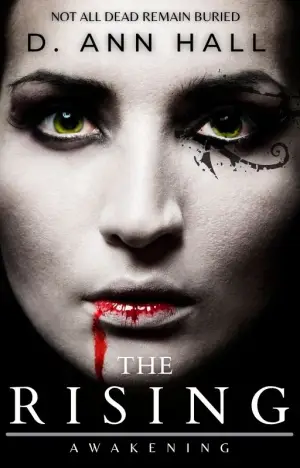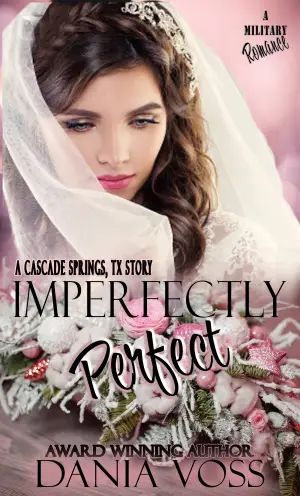Review of Royal Heirs Academy by Lindsey Duga
When I first stumbled upon Royal Heirs Academy, I couldn’t resist the allure of its premise: a royal dynasty embroiled in intrigue and rivalry set within an illustrious boarding school. Lindsey Duga’s exploration of power dynamics, inheritance, and youthful ambition had me daydreaming about secret duels and whispered alliances in the halls of Almüs Terra. With a passion for young adult fantasies that intertwine politics with personal growth, I had high hopes for this debut installment in a new series.
The storyline centers around King Leander Eldana, who for the past fifty years has ruled Ashland without naming a successor. Finally, in a bid to secure his kingdom’s future, he gathers his grandchildren at Almüs Terra Academy—an institution notorious for grooming the leaders of tomorrow. As the plot unfolded, I was immediately struck by the potential for suspense and character development. Unfortunately, what could have been a riveting exploration of loyalty and betrayal fell a bit short in execution.
While the world-building was genuinely impressive, showcasing detailed landscapes and rich cultural details that made me yearn for my own visit to the academy, I found myself grappling with some character arcs. Emmeline, with her complex depth and ambitious nature, was a highlight for me. I appreciated her unapologetic drive, and it bummed me out that she was painted as the "bad guy." But alas, not all characters were given that same level of care. The protagonist, Sadie, felt a bit one-dimensional and frustratingly predictable. I loved rooting for underdogs, but I found it hard to connect with her—sometimes her decisions baffled me!
Alaric, on the other hand, crept into my heart against my better judgment. As an “Irish guy” who grows on you, his development made for a compelling foil to the more static Sadie. While Titus felt reminiscent of a typical "broody love interest" trope and unfortunately didn’t rise above it, the interplay and potential rivalries left me eager for more complexity—something I felt the finale hinted at with its cliffhanger.
Duga’s writing style was undeniably engaging and fast-paced, creating a sense of urgency that kept me turning the pages. However, I wished for richer, deeper exploration in some of the pivotal emotions and situations. The overarching themes of class struggle and political tension were present but could have been developed further, adding layers to a narrative that already had a solid foundation. I found myself longing for more reflection on these aspects, as they parallel many modern-day issues.
In conclusion, while Royal Heirs Academy didn’t fully live up to my lofty expectations, it offered an enjoyable ride through an intriguing world filled with potential. I found solace in the promise of a sequel, as the cliffhanger left me curious about how Duga will evolve these characters and themes. This book will likely appeal to younger readers or YA enthusiasts longing for a whimsical blend of royalty and rebellion. Despite my criticisms, I’d recommend it for those willing to dive into a realm of complex institutions and imperfect characters along their journey of discovery.
So, did I find my happily-ever-after here? Not quite, but there’s always hope for the next chapter!
[ad_2]
Discover more about Royal Heirs Academy (Royal Heirs Academy #1) on GoodReads >>






